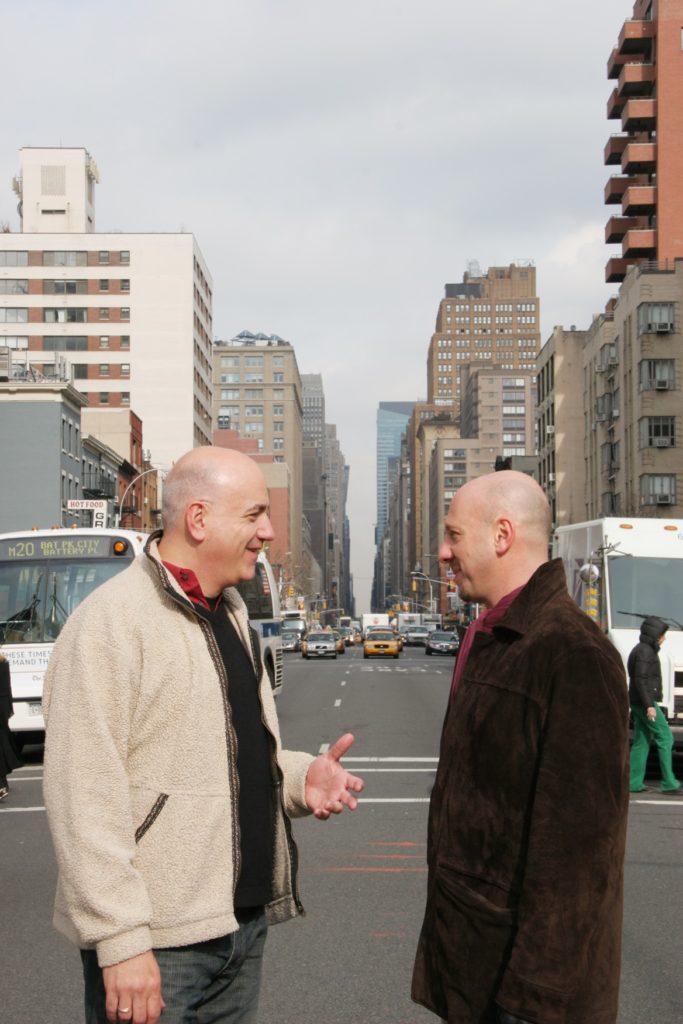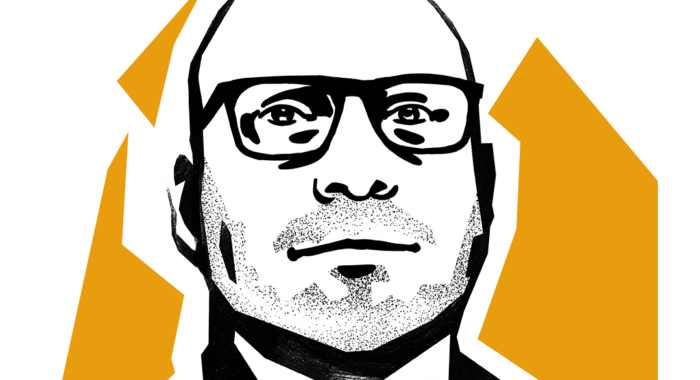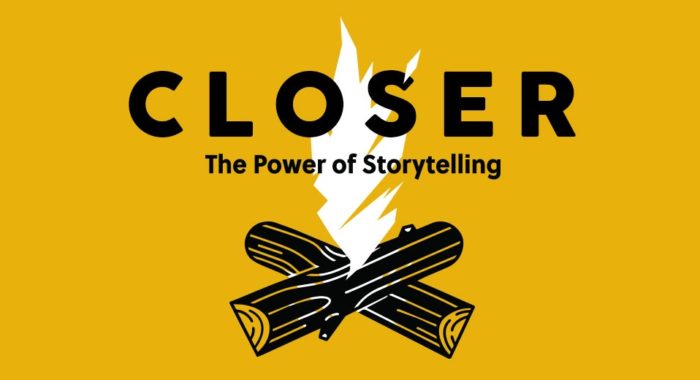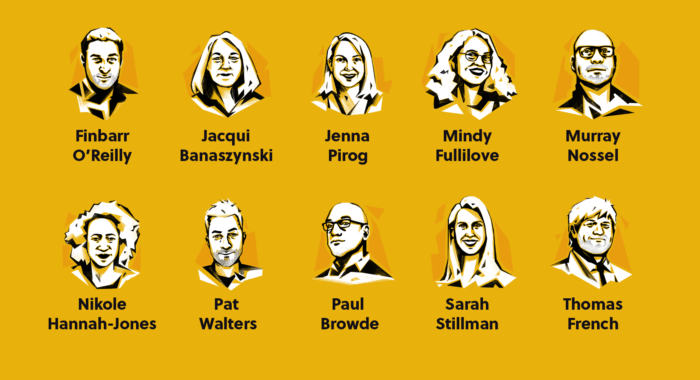
Paul Browde is an actor, businessman and therapist who sees himself as a spiritual guide. Along with his friend, Murray Nossel, he co-founded Narativ and the live unscripted show Two Men Talking – which they’ll perform on stage at The Power of Storytelling.
Paul went to medical school in South Africa, became a psychiatrist, and has been running his own narratively informed psychiatric practice in Manhattan, New York for the past twenty years. He specializes in couples’ therapy and teaches people them how to communicate better through narrative methods.

His life has not been smooth, though. When he was in his twenties, Paul was diagnosed with HIV and thought he had only two years to live. In addition, he was a medical student who saw how doctors in South Africa treated patients with HIV/AIDS – they referred to them as SHPOS (“subhuman pieces of shit”).
“Until my own diagnosis, I viewed illness as something that happened to others,” Browde said. “When I suddenly had this diagnosis and was privy to the way in which doctors spoke about AIDS patients and people with HIV, I had the privileged position of hearing what actually got spoken behind closed doors. This was appalling to me, and at the same time, taught me about the importance of opening those closed doors.”
He made it a lifelong habit of disclosing his condition and the fact that he’s gay to everyone he worked with, including some of his patients.
“I did this to educate, but also to protect myself from having to endure being spoken about while in the room,” he said. “As the director of a clinic, and as a psychiatrist in a counselling center, I brought all the staff together and told my story. This was always received openly and with gratitude, and allowed me to feel that I was not living in secret.”
Following his diagnosis, though, a young Paul decided not to waste any more time, take a temporary break from medicine, fly to London and pursue his passion for acting. He trained at the Drama Studio London.
Nowadays, Paul has completed his skills with additional training in hypnosis, family systems and narrative therapy, and says his psychiatric work helped him a lot. “It was narrative therapy that informed my practice as a psychiatrist, as I came to understand the mechanisms of power, and the way the stories we tell not only describe our lives but shape them.”
Paul has also worked with sex workers, people with intellectual disabilities, recipients of oral substitution therapy, Roma doctors and AIDS activists from South-Eastern Europe, and several countries in Central and South Africa. In addition, Paul is also a teacher, along with Murray Nossel, at the Narrative Medicine Masters at Columbia University in New York.
You can find out more about Paul on his personal website.


